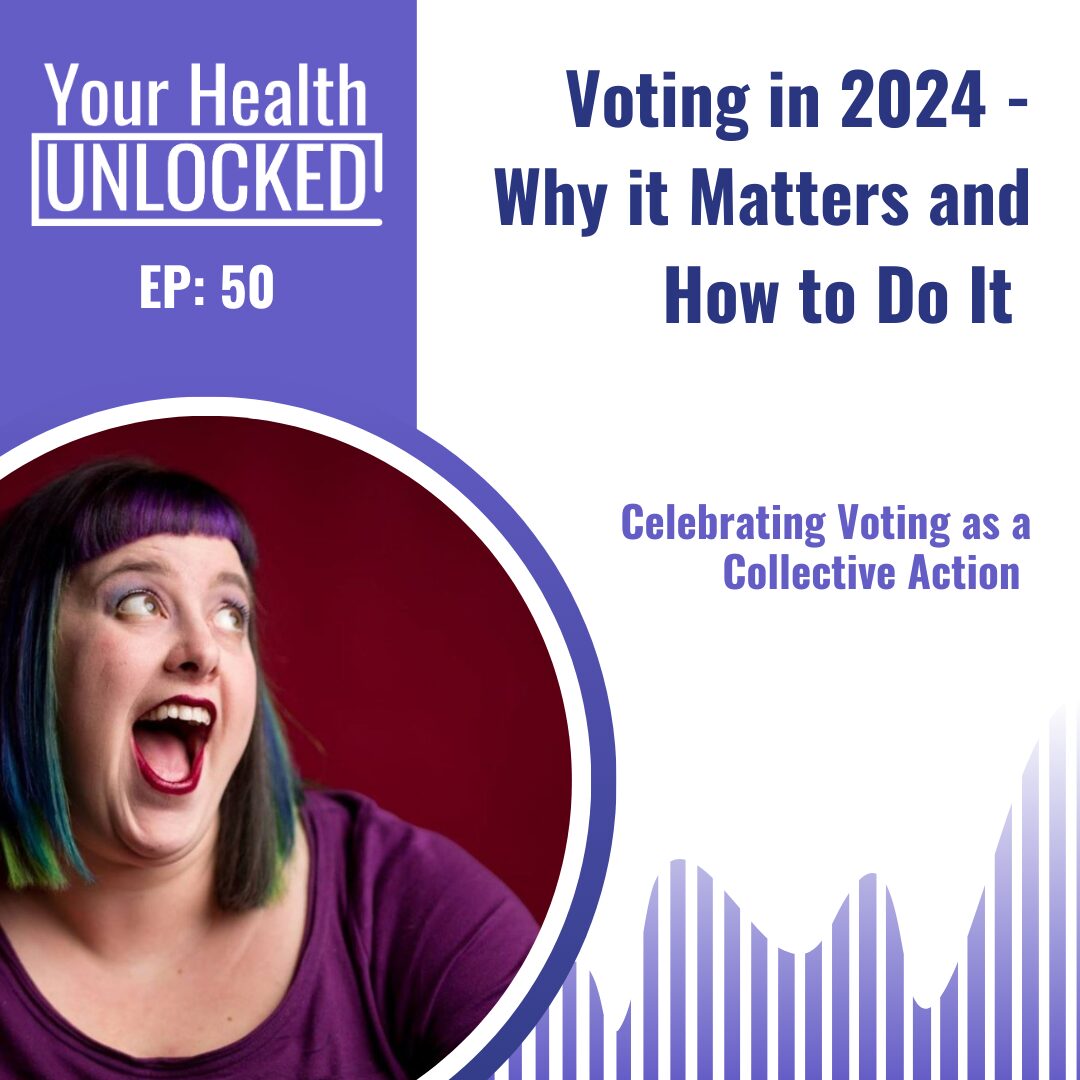
Your Health Unlocked Episodes
050: Voting in 2024 – Why it Matters and How to Do It
July 25, 2024
---
Your Health Unlocked Episodes
Publication Date: December 27, 2022
By: NWHN Staff

According to the Centers for Disease Control and Prevention (CDC), approximately five million American adults aged 65 and over suffer from dementia – and that number is expected to rise to nearly 14 million by 2060.
But with general and gender-based misconceptions surrounding dementia, how can women navigate the healthcare industry and receive the quality of care they deserve?
We spoke with Dr. Julie Thai, a geriatric medicine physician based in the San Francisco Bay Area, to clear up misconceptions surrounding dementia, including the history of gender bias in medicine and how it impacts the accuracy of diagnosis and treatments for dementia patients.
Dr. Thai completed her medical school and residency training in family medicine at Michigan State University and her fellowship in Geriatric Medicine at the University of California, San Francisco.
She also holds a Master’s in Public Health from Columbia University and is an American Board of Family Medicine diplomat.
Dr. Thai has worked extensively in clinical research and co-authored numerous peer-reviewed articles on rapidly progressive dementia, end-of-life care preferences, public health policy, and more.
She is passionate about promoting health education, patient advocacy, and diagnostic excellence in the aging adult population.
Important terms :
Geriatric medicine refers to doctors focusing on aging patient care, whereas the common term gerontology is the medical science behind the aging process.
References Mentioned

